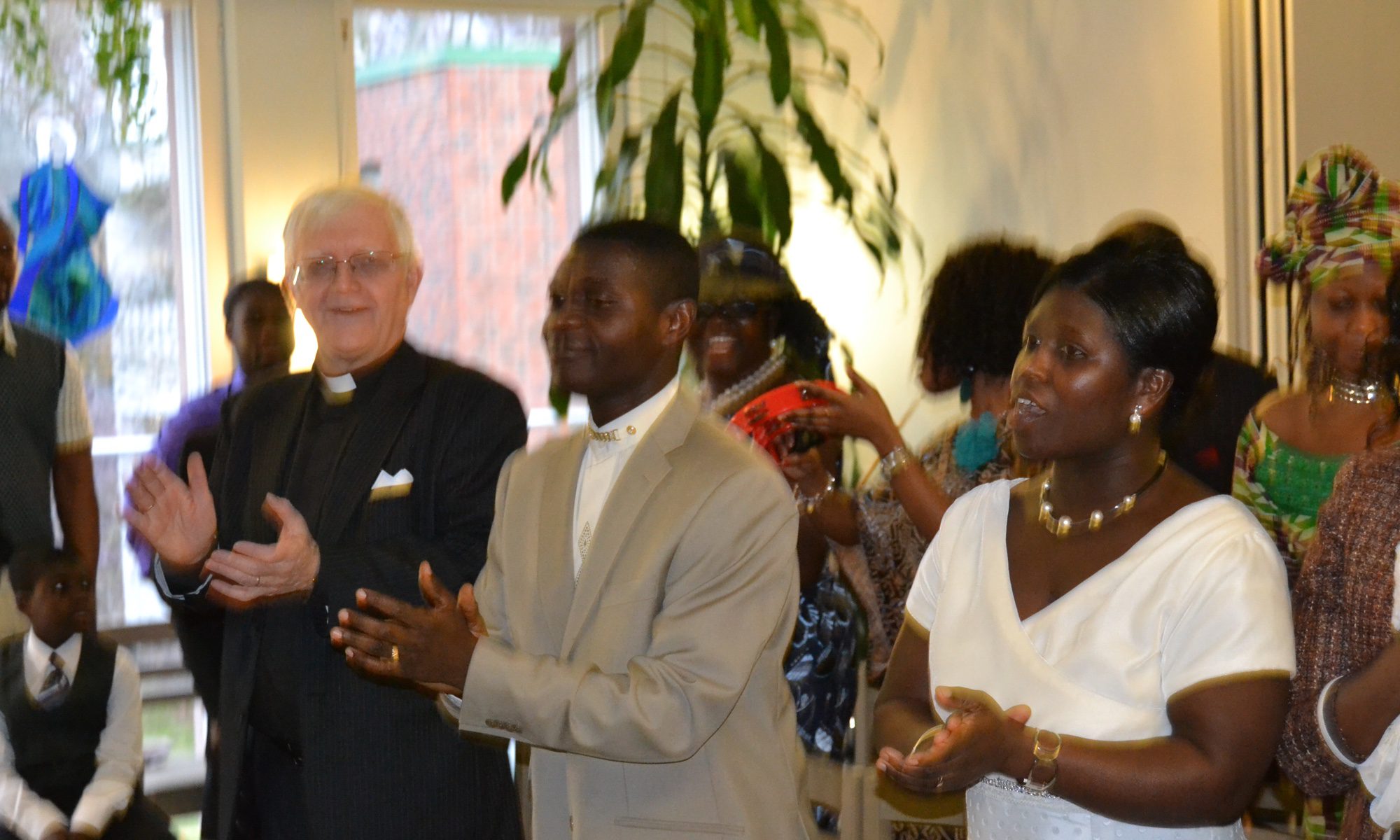Introduction
Today´s Newsletter is a continuation of the previous one about why believers have been promised God´s daily provision by they lack and remain poor. Here, diligence, self-discipline and faith and how they impact vision and purpose are briefly discussed.
Diligence
It is often said by many believers, as has been written in the Holy Scriptures, that, “the blessing of the LORD, it maketh rich, and he addeth no sorrow with it” (Pro 10:22). This is usually interpreted to mean industriousness is of no value because it is not the “hard work” that people do which brings them prosperity. It is just the blessings of God. Yes, there is some truth in it because hard work does not always produce riches unless the Lord blesses it. It is God who grants the power (i.e. vision, wisdom, energies, among others) to get wealth (Deut 8:18).
However, Prov 10:22 is often misinterpreted. The intended or contextual meaning of this scripture is that the blessings of God have no anxieties, fears, troubles or drawbacks attached to them as the case is with the riches that are ill-gotten without God. The Bible does not condemn diligence. It teaches us to understand that the blessings of God are accompanied by joy and happiness and comfort. Add diligence to your vision and the Lord would lift you up. Believers are advised by the word of God not to be slothful in business, but fervent in spirit as they serve the Lord (Rom 12:11)
Christians are also challenged to be diligent in their duties. The question is, “seest thou a man diligent in his business? he shall stand before kings; he shall not stand before mean men” (Pro 22:29). Being able to be meaningfully busy at work and not being slothful is the means to prominence. Believers must give attention to minutest details and strive to achieve excellence. Students achieve high grades only through diligence, People of God become successful in their callings through diligence. As a person commits himself/herself to her vision, coupled with diligence, s/he would appear before dignitaries. Remember that the hand of the diligent shall bear rule: but the slothful shall be under tribute (Pro 12:24). One is likely to perish with his/her vision if s/he fails to be diligent.
Self-Discipline
Self-discipline is the ability to make oneself do things that should be done (Merriam-Webster). The reverse, which is the ability to restrain oneself from doing what it should not do, is also true. Vision again ought to be accompanied by self-discipline. Having a vision without self-discipline has the propensity to register a failure. Areas where self-discipline is required, include:
- The self: Self is an individual´s subjection to his own contemplation or action or identity of a person (International Standard Bible Encyclopedia). For one to achieve his/her purpose in ministry or in secular affairs, self-discipline is a necessary ingredient. Paul writes that he keeps under his body, and brings it into subjection: lest that by any means when he has preached to others, he himself should be a castaway (1Co 9:27). Sin and wickedness have the likelihood of blurring and frustrating one´s vision. Not only this, they also tarnish a person´s self-identity. People who live on purpose also know their worth. They know how much they are valued and do not settle down for mediocrity.
- Self-betrayal. People who live below their endowed capabilities betray themselves. Self-betrayal is tantamount to suicide. Individuals need to explore what resources are available to them and make maximum use of them. The resources might be meager but still worthwhile to change circumstances if judiciously used.
- Time. Time is a necessary resource and an opportunity, so persons of vision and purpose need to be discerning seasons in order to act accordingly. Commitment to time is a necessity to progress in life. Disregard to time and punctuality is caused by indiscipline and the cause of people´s poverty. It is said that “time is money”. Time must be seen as an important commodity that could be accessed to change circumstances. You are encouraged to desist from lateness and begin to respect time. Punctuality is righteousness, so believers would be held accountable for the use of their time on earth. Every second of our lives must be used purposefully. Remember that “to every purpose, there is time and judgment” (Ecc 8:6).
- Personal care: People of vision take good care of themselves. They do not want to die early and leave their dreams behind. This motivates them to have sufficient but not too much rest. They make time out to train and keep their physical bodies fit and strong.
Again, believers lack because they do not exercise faith in Christ. Unbelief makes people fail to take risks. People of God need to tread new grounds with faith. It is God who calls those things which do not exist as though they were (Rom 4:17). In the midst of drought and famine, “Isaac sowed in that land, and received in the same year an hundredfold: and the LORD blessed him” (Gen 26:12).
Conclusion
From the foregoing discussions, it could be said that diligence, self-discipline and acting in faith are key elements required in the lives of people with vision. It is good to have a vision but vision, like faith, on itself produces no results except it is followed by actions.
Prayer: Omniscient God, the giver of visions and purposes, we need your instructions and guidance to live by. Give us the will power, the required strength and teach us the best practices to lead us to our purposes in life. In Jesus´ name. Amen!

